Is now a good time to invest in the Turkish real estate market?
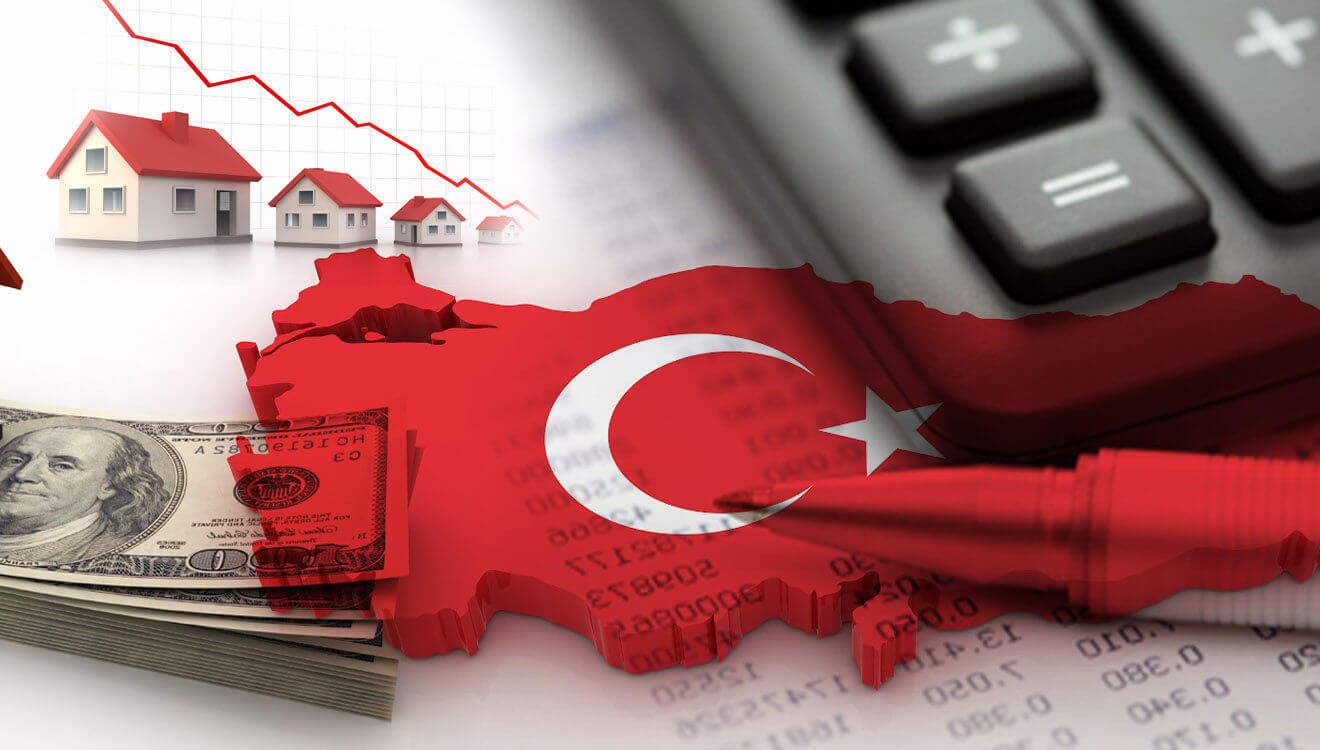
Determining whether now is a favourable time to invest in the Turkish property market requires careful consideration of a number of factors. Historically, Turkey has been an attractive investment destination due to its strategic location bridging Europe and Asia, vibrant culture and growing economy. However, recent geopolitical tensions and economic fluctuations can create uncertainty. Nevertheless, the Turkish government has taken initiatives to encourage property investment, such as citizenship by investment programmes and favourable regulations for foreign investors. In addition, Turkey’s young population and urbanisation trends continue to drive demand for residential and commercial property. Prospective investors should conduct thorough market research, assess their risk tolerance and consult with local experts to make informed decisions in line with their investment objectives.
- A significant upturn in the Turkish property market in the first half of 2022 and 2023.
- Throughout 2023, the depreciation of the Turkish lira, combined with the impact of interest rate hikes, led to a slowdown in housing transactions and a decline in property values.
- The depreciation of the Turkish lira led to a decline in property purchases by foreigners, although certain regions remained attractive to international buyers.
- The stabilisation of property values and a gradual increase in demand became apparent in the second half of 2023.
- The earthquakes in early 2023 highlighted the importance of investing in earthquake-resistant housing.
- The outlook for 2024 and beyond includes potential improvements in credit accessibility and support for urban renewal initiatives.
- Regional investment opportunities abound, particularly in major metropolises such as Istanbul and other urban centres and provinces affected by population influx and natural disasters.
- Taking into account elements such as modest property valuations, government incentives and a sluggish recovery in demand, it was concluded that the current juncture represents an opportune time to enter the Turkish real estate sector.
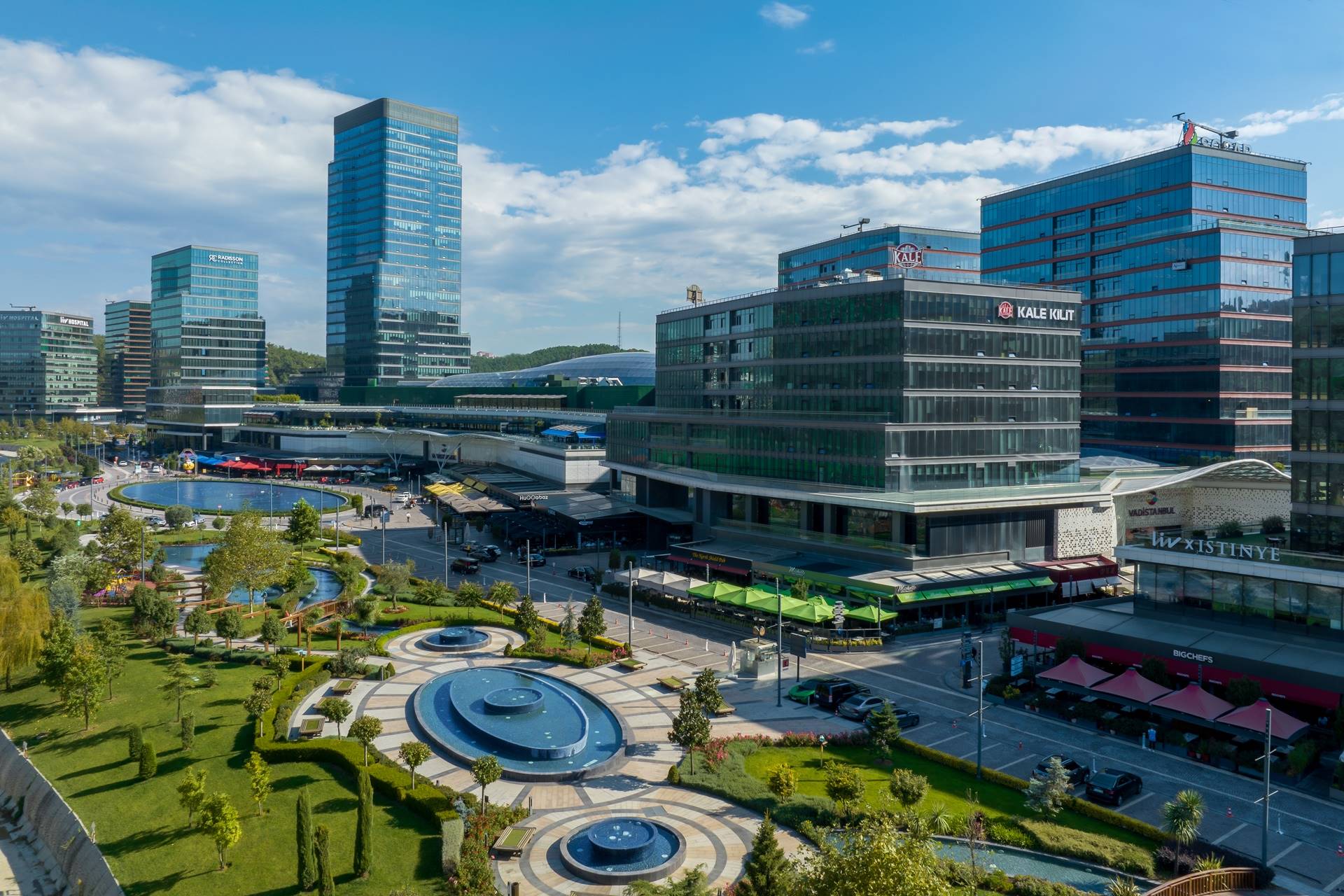
The property market in Turkey has always been a dynamic sector with fluctuations influenced by economic indicators, political stability and global trends. For those considering investing in property or buying a home in Turkey, it is vital to understand the current state of the market. This analysis examines the various factors affecting the Turkish property market and focuses on whether now is the right time to buy.
In 2022 and the first half of 2023, the Turkish real estate market experienced a significant expansion, driven by an increase in construction efforts, escalating real estate transactions and foreign investment inflows. The construction sector witnessed a notable increase in the issuance of building permits, leading to an increase in the number of units and cumulative floor area. This period was characterised by robust economic progress despite global uncertainties, making it a favourable period for both investors and prospective homeowners.
Depreciation of Turkish Lira and subsequent rise in interest rates wielded profound influence over property market in 2023. These economic modifications induced deceleration in property transactions as investors pursued more fluid markets. Consequently, there ensued conspicuous decline in property valuations, particularly when appraised in dollar denominations, furnishing prospective buyers with a distinctive opening to engage in the market from diminished initiation thresholds.

Investing in property in Turkey today requires careful consideration as market conditions evolve. Turkey’s property sector has historically been dynamic, attracting investors due to its strategic location and economic potential. However, recent geopolitical tensions and economic fluctuations may introduce uncertainties. Nevertheless, land investment in Turkey can offer long-term potential, particularly in rapidly developing areas or regions targeted for infrastructure projects. In addition, the Turkish government’s efforts to attract foreign investment, along with initiatives such as urban renewal projects and development incentives, may provide opportunities for land investors. However, it’s vital that prospective investors conduct thorough due diligence, consider their risk appetite and seek advice from local experts to effectively navigate the complexities of the Turkish land market.
The way to invest and evaluate savings correctly, besides having a good knowledge of the sector, is to get to know the money markets related to the sector closely. By making the right investment choice at the right time, in the right place, you can greatly change the benefit you will gain. In order to invest in land, it is necessary to make a very detailed research and examination at this point. One of the best investment plans is definitely to buy land.
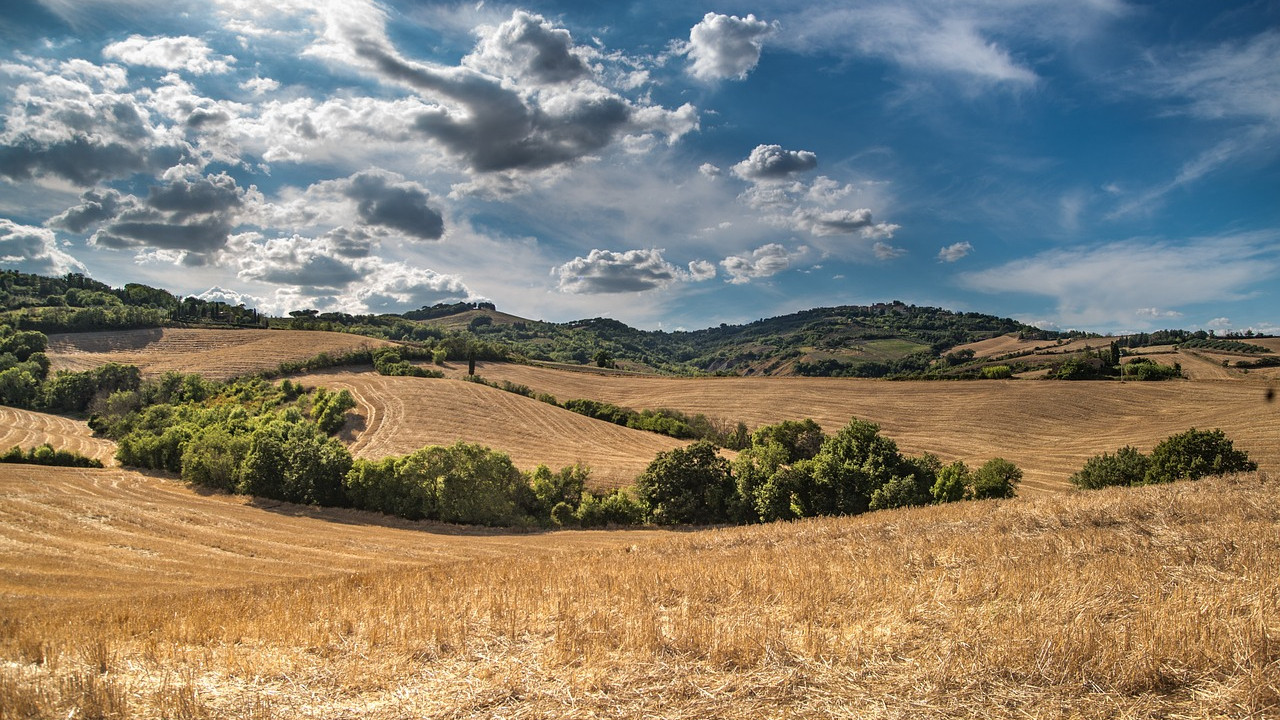
There are some points to consider for a land to be a profitable investment. The first of these is maturity. Land investment always pays off in the long run. But the important thing is that you turn your land investment into profit in the short term. You can achieve this by closely following the developing regions and obtaining solid information about the zoning status.
Especially if you complain about the fact that real estate is a good investment tool and the prices of residences, workplaces, shops, buildings, villas for sale and cottages for sale are rising, you can consider your investment in favor of the land. However, investing in land is not like buying a house because you can evaluate both structural and environmental factors by visiting the house, and while you can do research on zoning from the municipality and the land registry and cadastre directorate, buying a land requires more detailed research.Because even if there is no value gain in the house, there will be rental income, while the land will not earn any income. As there is no income, there is an additional tax burden.
Therefore; When purchasing, first of all, it should be learned whether the land has a zoning permit or not.If there is a zoning permit, it should be questioned which building the permit is for, whether it is a residence, commercial area, workplace or social service area.Because the sale of each will be long or short term, depending on its location.
In addition, the zoning status, which has been given once, cannot be changed later and your land may remain idle.
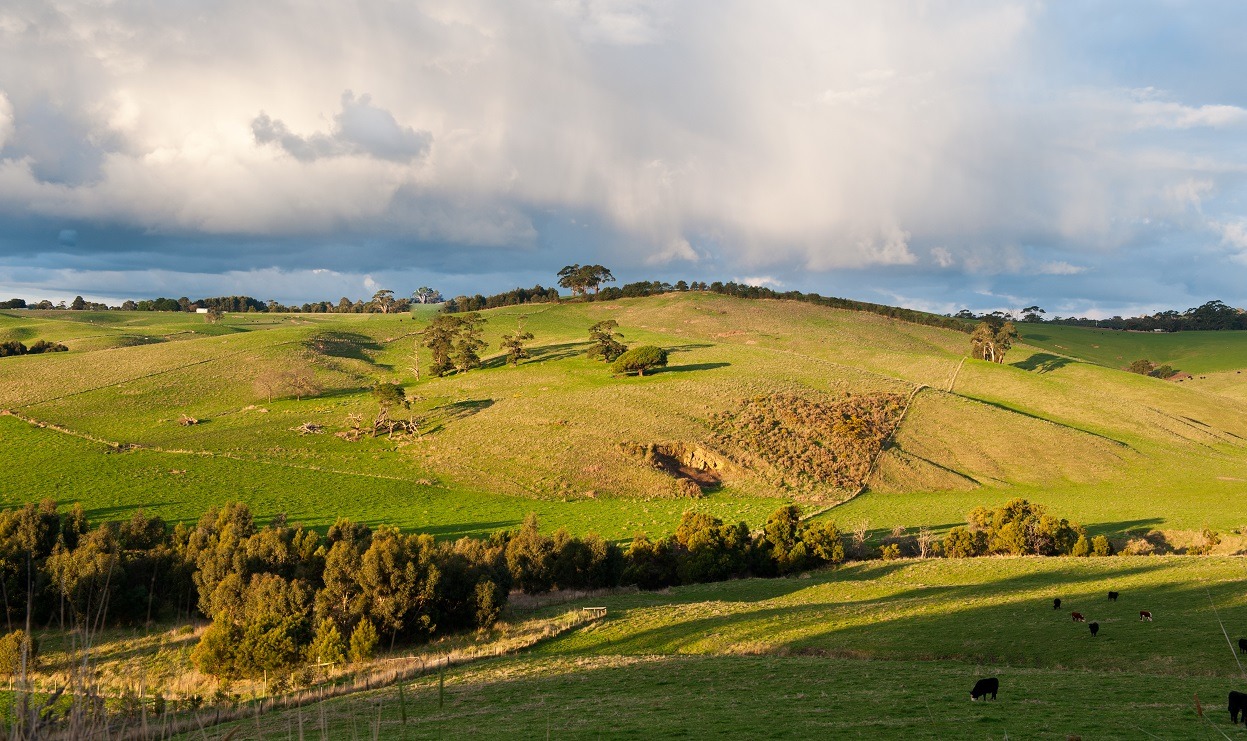
Before purchasing the land, the ground survey must be examined. Plots with solid ground will always be sold at better prices against the risk of earthquakes. Lands that have a property-related problem such as mortgages, annotations, liens, right of use belonging to a private person, company or public institution are always difficult to sell in terms of procedure and may cause additional costs to you. Investing in the right place at the right time can provide you with great returns in the medium and long term.
Land sales are like the stock market. It is greatly affected by money markets and changes in the strategic importance of the region in which it is located. For example, the lands in the area where the new airport project is located in Istanbul did not provide any income to the owners five years ago, but now their prices have reached very high levels.
Since many roads will have to be built to reach the region for the investment to be made here, the feasibility of the region should be made very well in advance and the land should be purchased knowing which areas are commercial, which areas are residential and which are public areas.
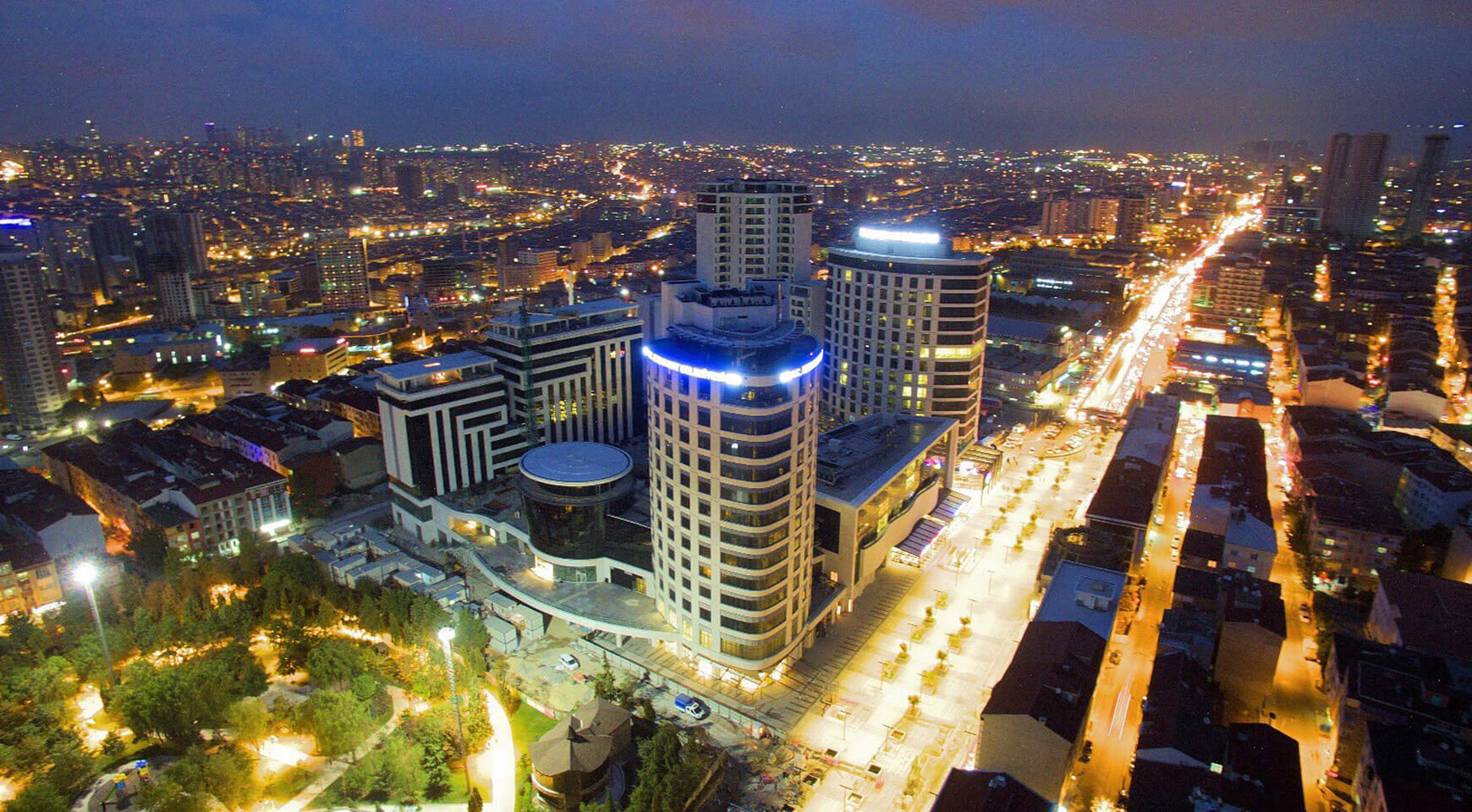
Depreciation of Turkish Lira has likewise impacted foreign interest in Turkish property market. Forecasts of additional devaluation contributed to reduction in property transactions with foreigners; nevertheless, certain regions like Antalya, Istanbul, and Mersin retained favor among international purchasers, notably Russians, Iranians, Iraqis, and Ukrainians.


